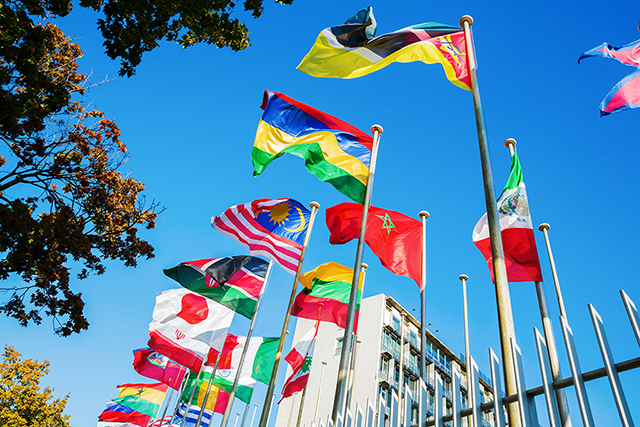UNESCO Regional Education Support Strategy to Respond to COVID-19 and Beyond in Asia and the Pacific (2020−2021): From Disruption to Response and Recovery in the Asia And Pacific Region
The COVID-19 pandemic continues to affect all levels and forms of education, impacting the lives of millions of learners and teachers across the globe.
UNESCO in the Asia and Pacific region is adopting different measures to support its Member States in mitigating the effects of the COVID-19 pandemic. Such measures have focused on ensuring continuity of learning while protecting the health and well-being of all learners, as well as on supporting education systems in their transition from disruption to recovery. UNESCO provides guiding approaches to “building back better” for education systems that are more inclusive, more equitable and centered in gender equality.
The UNESCO Regional Education Support Strategy to Respond to COVID-19 and Beyond in Asia and the Pacific outlines UNESCO Regional Bureau for Education’s guiding principles and strategic efforts in supporting Member States in the Asia and Pacific region to effectively manage the impact of the COVID-19 pandemic on education systems and the people they serve.
-----
UNESCO Regional Education Support Strategy to Respond to COVID-19 and Beyond in Asia and the Pacific (2020−2021): From Disruption to Response and Recovery in the Asia And Pacific Region
Bangkok: UNESCO Bangkok, 2020, 19 p.
Document code: THA/DOC/HWT-IQE/20/036







